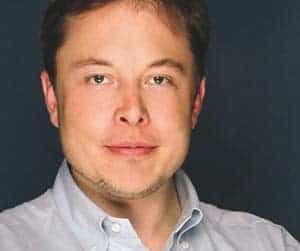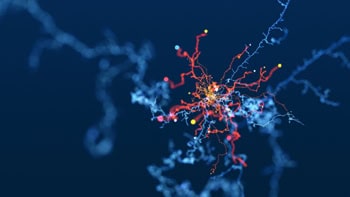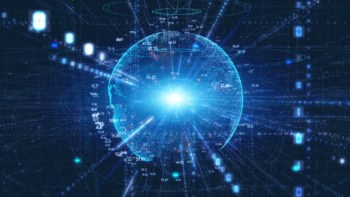Elon Musk is the chief executive and lead designer of SpaceX – a US company developing space launch vehicles. Before founding SpaceX, he set up the Internet payment company PayPal, which was bought by eBay for $1.5bn in 2002

How did your interest in physics develop?
My father was an engineer so I grew up in a technical household, and physics was always what I was good at in school. I was also inspired by Richard Feynman’s lectures and books. When I was 17, I moved from South Africa to Canada, and then to the University of Pennsylvania to study a dual degree in business and physics. It was an unusual combination, and I enjoyed the physics more. I’m not sure I would study business again if I could replay things.
How did your career progress from there?
I was offered a place at Stanford University to do postgraduate research into high-energy-density capacitors. But then the Internet came along, and I wanted a piece of the action. It’s a common story – Google, Yahoo and several other firms were started by people who dropped out of their graduate programmes at Stanford. My first company, Zip2, provided online-publishing software for news organizations. Running a business is definitely stressful, especially managing lots of people. You don’t really have to deal with those issues in physics – you can be an introvert and still do fine.
Do you think you were lucky to sell Zip2 and then PayPal for such large sums of money?
It is unusual to win the lottery twice – from a physicist’s standpoint, it is unlikely that luck was the only factor.
Why did you decide to start up a space firm?
I believe we have a duty to expand to other planets to preserve life against a natural or man-made calamity. With SpaceX, I’m hoping I can do as much as possible to further that goal. We’re starting by developing a satellite launch vehicle that we hope will be 10 times cheaper than the current options. Although our first test launch last year failed, we learned a lot from it. We’re currently getting ready for a second test launch and two more are scheduled for later this year. We’re also developing vehicles that can carry crew – SpaceX won the contract from NASA to design and operate the successor to the Space Shuttle, which is very exciting.
How did you learn enough about rockets to be the lead designer for SpaceX?
I learn fast. But maybe it was my fault that the rocket blew up – that will teach me! What other projects are you working on? When I was in college, I decided that the three areas I would like to work on were the Internet, space exploration and clean energy. As well as SpaceX, I have an electric-car company called Tesla and another company called Solar City that designs and installs solar-power systems.
How has physics helped you in your career?
I think physics gives you a mental framework for problem solving. It also teaches you to be willing to admit you’re wrong.



